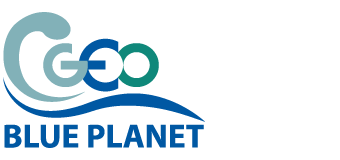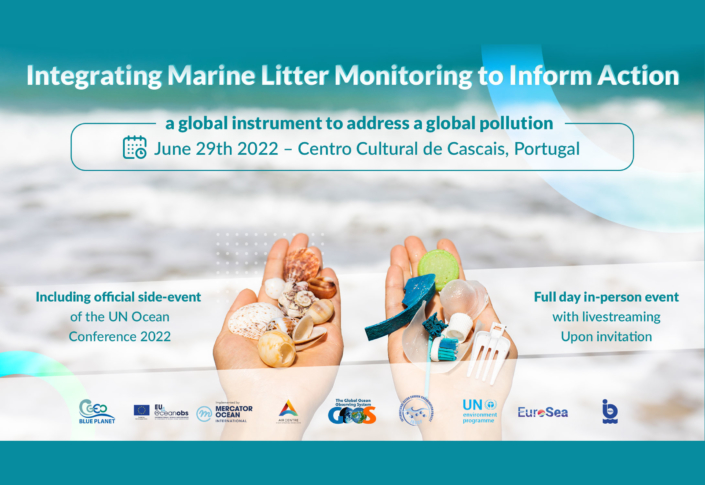Background and Rationale
Marine litter is defined as “any persistent, manufactured or processed solid material discarded, disposed of or abandoned in the marine and coastal environment”. From microplastics to derelict fishing gear, its various forms and sizes are found from coastal shores to the depths of the oceans, and even in remote areas far from human contact. Marine litter has become a multi-dimensional problem with economic, environmental, cultural, and human health costs.
The United Nations Sustainable Development Goal (SDG) 14 set out as one if its targets to “by 2025, prevent and significantly reduce marine pollution of all kinds, from land-based activities, including marine debris and nutrient pollution”. However, tackling marine litter and plastic pollution requires action across the full lifecycle of plastic, including its production, design, and disposal and thus must consider many other SDG Goals (6, 11, 12, 15 and 17). The way forward has recently been paved by the historic resolution to end plastic pollution and forge an international legally binding agreement by 2024, endorsed by representatives from 175 nations at the 5th session of the United Nations Environment Assembly (UNEA-5) in March 2022.
To achieve the ambitious goals of the UN SDGs and of the UNEA5 resolution, there is a critical need for accurate, up-to-date information on marine litter, plastic pollution, and related topics. Monitoring global marine plastic litter and understanding its transport are the key pillars for supporting the establishment of realistic plastic litter reduction targets and developing policies to reach these targets. It is then central for the implementation, adjustment, and evaluation of plastic pollution reduction policies. The UNEP 2021 “Pollution to Solution” report emphasises that despite the significant improvements in detecting and quantifying marine litter the coordination and cooperation among existing monitoring programmes remain a challenge.
To fulfill this need, this Working Group aims to serve as a scientific advisory board with the goal of coordinating a framework for the collection and analysis of scientific data related to marine debris that can inform the decisions of policy makers.












